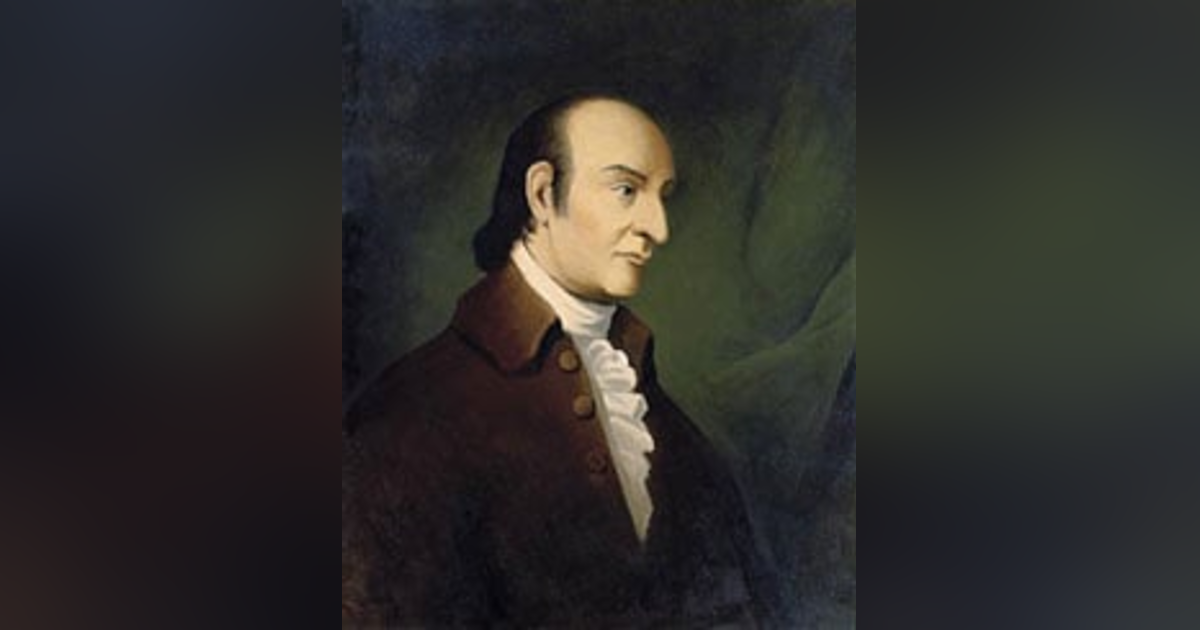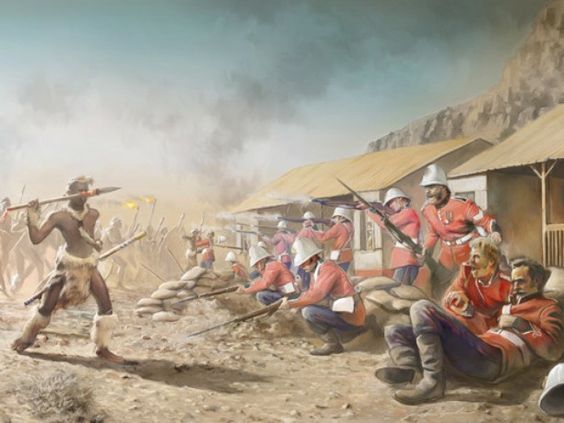THE MURDER OF FOUNDING FATHER GEORGE WYTHE- A TRUE CRIME STORY FROM OUR NATION'S BEGINNINGS

Great link for those who want the full story:"The Murder of George Wythe" Title page from Boyd and Hemphill's pamphlet reprint, The Murder of George Wythe: Two Essays (Williamsburg, VA: Institute of Early American History and Culture, 1955)....
Great link for those who want the full story:"The Murder of George Wythe" https://wythepedia.wm.edu/index.php/Murder_of_George_Wythe
Title page from Boyd and Hemphill's pamphlet reprint, The Murder of George Wythe: Two Essays (Williamsburg, VA: Institute of Early American History and Culture, 1955).
Julian P. Boyd (1903 – 1980), renowned editor of The Papers of Thomas Jefferson, contributed to a special issue of The William and Mary Quarterly in October, 1955. The issue was published in recognition of the Marshall-Wythe celebration at the College of William & Mary Law School on September 25, 1954, for the bicentennial of John Marshall's birth. The journal pairs Boyd's essay on "The Murder of George Wythe,"[1] with another by W. Edwin Hemphill, "Examinations of George Wythe Swinney for Forgery and Murder."[2] Hemphill had rediscovered witness testimony given for Sweeney's murder trial in 1806, and both authors made use of this new information.
Boyd and Hemphill's work was published as a pamphlet reprint the same year, under the title: The Murder of George Wythe: Two Essays (Williamsburg, VA: Institute of Early American History and Culture, 1955).
Article text, October 1955
Page 513
The Murder of George Wythe
Julian P. Boyd*
The murder of George Wythe was, in the deeply-felt words of his greatest student and admirer, Thomas Jefferson, "such an instance of depravity [as] has been hitherto known to us only in the fables of the poets."[3] Few if any crimes have so greatly aroused the inhabitants of Virginia. Popular indignation rose to fever pitch, for the circumstances of the crime left no room for divided feelings. The murderer was the grandnephew and residuary legatee of the Chancellor, a favored beneficiary of Wythe's many acts of kindness and generosity. He was young, apparently reckless, no doubt a gambler and spendthrift, and certainly a callous ingrate. Wythe was eighty years old, universally beloved, and too generously trusting to be suspicious of those closest to him. The story is worth telling, though it is unrelieved in its grimness, because history, no less than judicial process, took a strange course in its attitude toward this brutal crime and its perpetrator.
Bv




